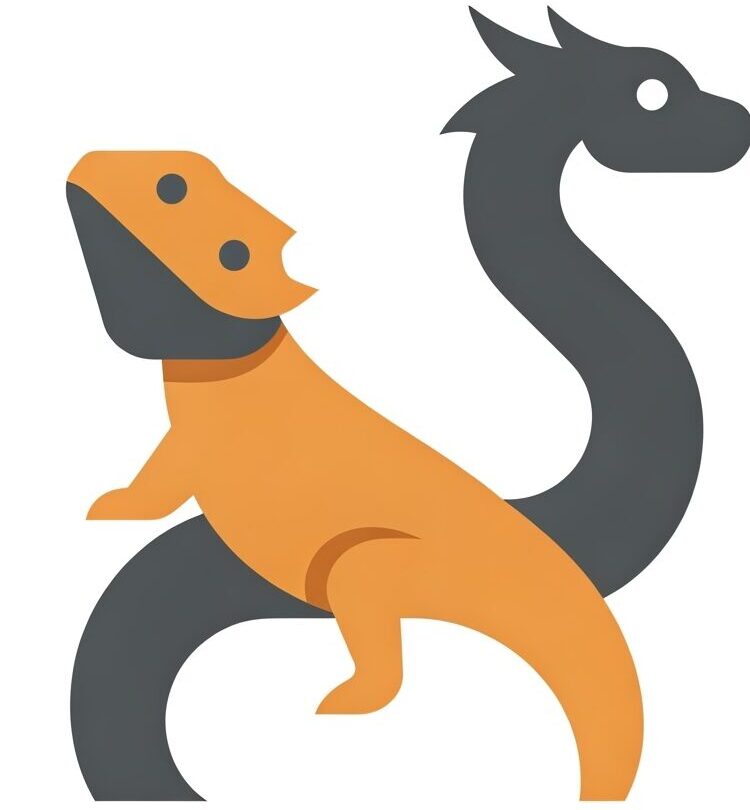Can Bearded Dragon Safely Eat Butternut Squash? A Complete Guide
Bearded dragons require a carefully balanced diet to thrive. This article will explore whether butternut squash is a safe and nutritious addition to your beardie’s menu.
The Short Answer (Is Butternut Squash Safe?)
Yes, butternut squash can be a healthy and beneficial addition to a bearded dragon’s diet when offered in moderation. It’s packed with vitamins and nutrients that can support overall health.
Nutritional Value / Potential Risks
Butternut squash is a good source of Vitamin A, Vitamin C, potassium, and fiber. Vitamin A is essential for eye health and skin function, while Vitamin C supports the immune system. Potassium helps regulate fluid balance, and fiber aids in healthy digestion. The calcium-to-phosphorus ratio is less than ideal, making it important to serve in moderation alongside calcium-rich foods.
While generally safe, there are a few potential risks to consider:
- Sugar Content: Butternut squash does contain sugars. Excessive sugar intake can lead to weight gain and potentially contribute to health problems. Serve in small amounts and not too frequently.
- Oxalates: Butternut squash contains oxalates, compounds that can bind to calcium and inhibit its absorption. This is a minor concern when fed in moderation as part of a balanced diet.
How to Feed
Here’s how to safely offer butternut squash to your bearded dragon:
- Preparation: Thoroughly wash the butternut squash. Peel the skin, as it can be tough to digest. Remove the seeds and stringy pulp. Chop the squash into small, bite-sized pieces that are easy for your dragon to swallow, minimizing the risk of impaction.
- Cooking: Lightly steaming or baking the squash until it’s soft makes it easier for your beardie to digest. Avoid adding any seasonings, butter, or oils.
- Portion Size & Frequency: Offer butternut squash as a supplemental vegetable, making up a small portion (around 10-15%) of their overall vegetable intake. A good guideline is to offer it 1-2 times per week. Always alternate it with other leafy greens and vegetables.
- Mixing: Mix the chopped, cooked squash with a variety of other greens, such as collard greens or mustard greens, to ensure a balanced nutritional intake.
Important Considerations / Warnings
- Introduce Slowly: When introducing any new food, start with a very small amount to monitor for any adverse reactions, such as diarrhea or regurgitation.
- Variety is Key: A varied diet is crucial for a healthy bearded dragon. Don’t rely solely on butternut squash. Offer a mix of different greens, vegetables, and insects.
- Calcium Supplementation: Given the calcium-to-phosphorus ratio in butternut squash, ensure your dragon receives adequate calcium supplementation according to your veterinarian’s recommendations.
- Consult a Vet: If you have any concerns about your bearded dragon’s diet or health, consult with a reptile veterinarian.
Conclusion
Butternut squash can be a nutritious and safe addition to a bearded dragon’s diet when offered in moderation and prepared correctly. Remember to prioritize variety, monitor for any adverse reactions, and consult with a veterinarian for personalized dietary advice.
